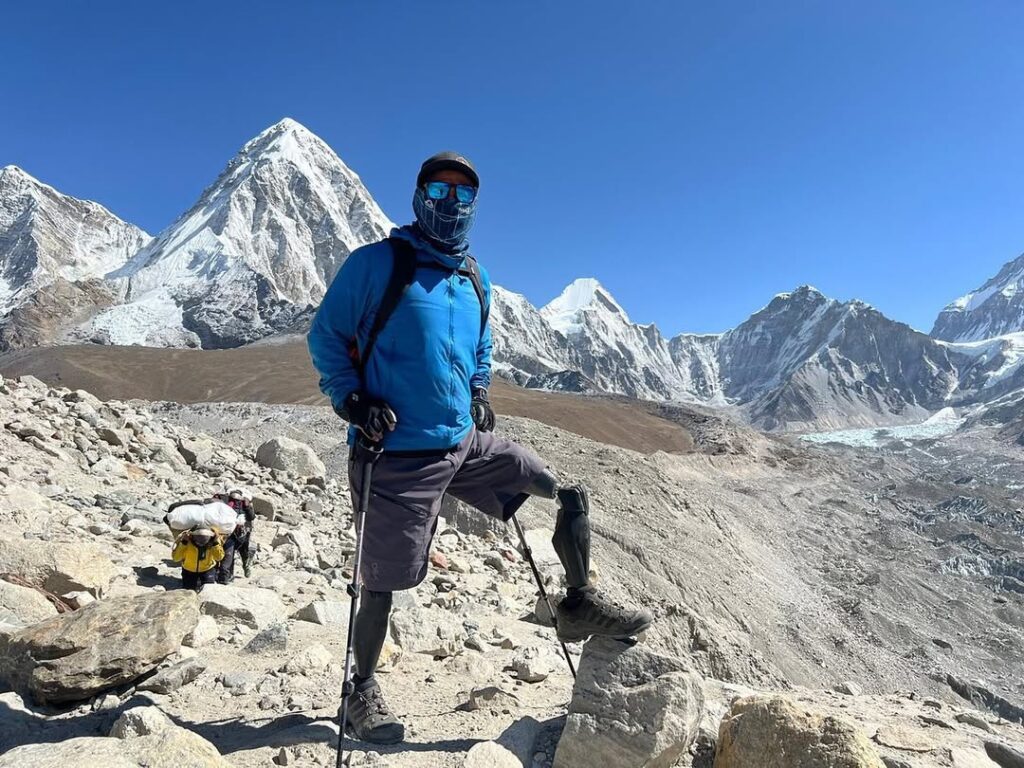On a crisp morning in late April, high in the Garhwal Himalayas, a group of trekkers crested the final ridge of Dayara Bugyal, one of India’s most scenic alpine meadows. The terrain was rugged, the altitude daunting—but the moment was transformative. Among the group were individuals who had been told that mountains weren’t meant for them: six trekkers with visual impairments, two amputees, and one with autism. And yet, they made it. Together.
This was no ordinary expedition. It marked a milestone for accessibility and inclusion in India’s adventure tourism sector. Spearheaded by a collective of organizations—v-shesh, a disability inclusion enterprise; Aquaterra Adventures, a leading outdoor tour operator; and Metores Trust, which supports rural entrepreneurship—the trek was part of a growing initiative known as “Treks For All.”
The goal: to prove that the Himalayas belong to everyone.
Beyond Accessibility: A Redesign of the Outdoor Experience
The five-day trek to Dayara Bugyal, perched at over 11,000 feet, was carefully adapted for participants with varying abilities. Ropes with knots spaced at measured intervals guided the visually impaired. Trek leaders used precise verbal cues to describe the terrain. Buddies—non-disabled co-trekkers—acted as collaborators, not caretakers, walking side-by-side as equals.
For 35-year-old Saurabh Prasad, a visually impaired Microsoft engineer, the journey was both spiritual and symbolic. “For once, I wasn’t waiting for a summit or a destination. I was present in every step,” he said. “That’s what this trek taught me—how to trust others and, most importantly, how to trust myself.”
A New Model of Inclusion in Adventure Tourism
India’s outdoor industry, long defined by able-bodied experiences, has rarely made space for those living with disabilities. “Treks For All” challenges that paradigm. It doesn’t simply create a ‘special’ space for the disabled—it reimagines the space itself to be universally accessible.
“We didn’t just want to assist people in climbing a mountain,” said Anand Sankar, founder of Metores Trust. “We wanted to give them ownership of the mountain.”
Importantly, the initiative also reshapes perceptions among non-disabled participants. “You think you’re here to help,” said one of the buddies. “But you come away realizing how much you have to learn.”
Scaling Forward
Buoyed by the success of the Dayara Bugyal expedition, organizers are already charting the next series of inclusive adventures—river rafting, kayaking, and even higher-altitude treks. They’re also calling on policymakers and private operators to rethink infrastructure and attitudes in tourism.
The message is clear: adventure should not be a privilege. It is a right—and one that India is now beginning to extend, in earnest, to all its citizens.


